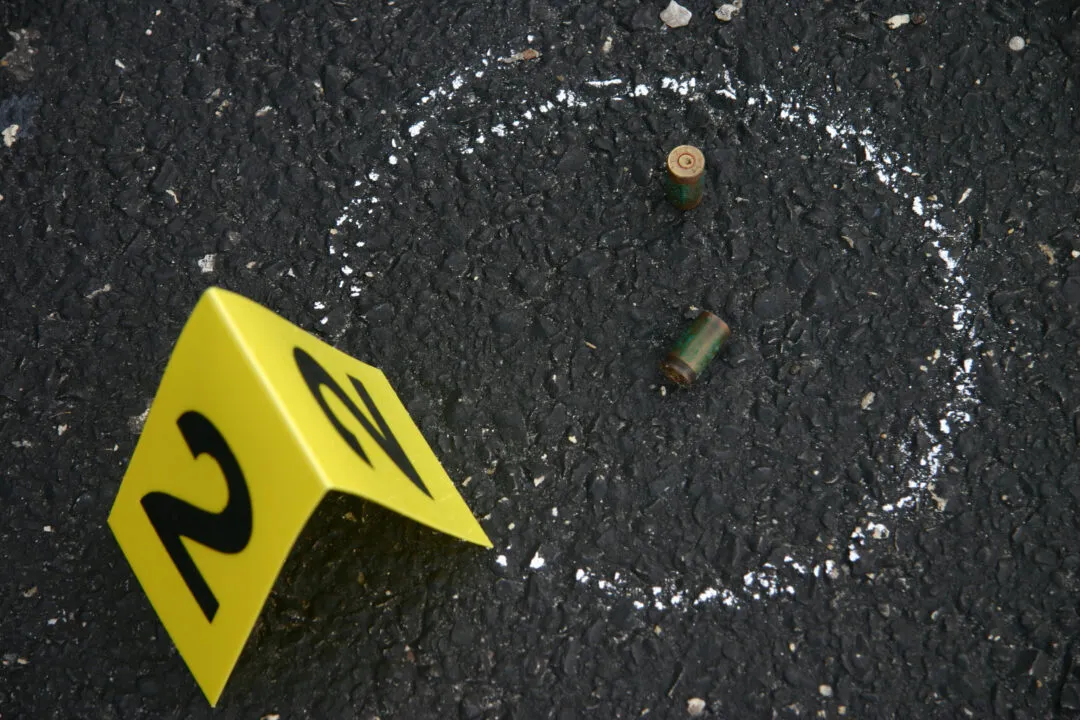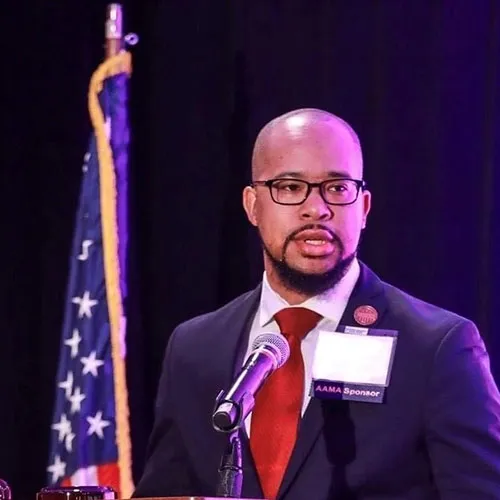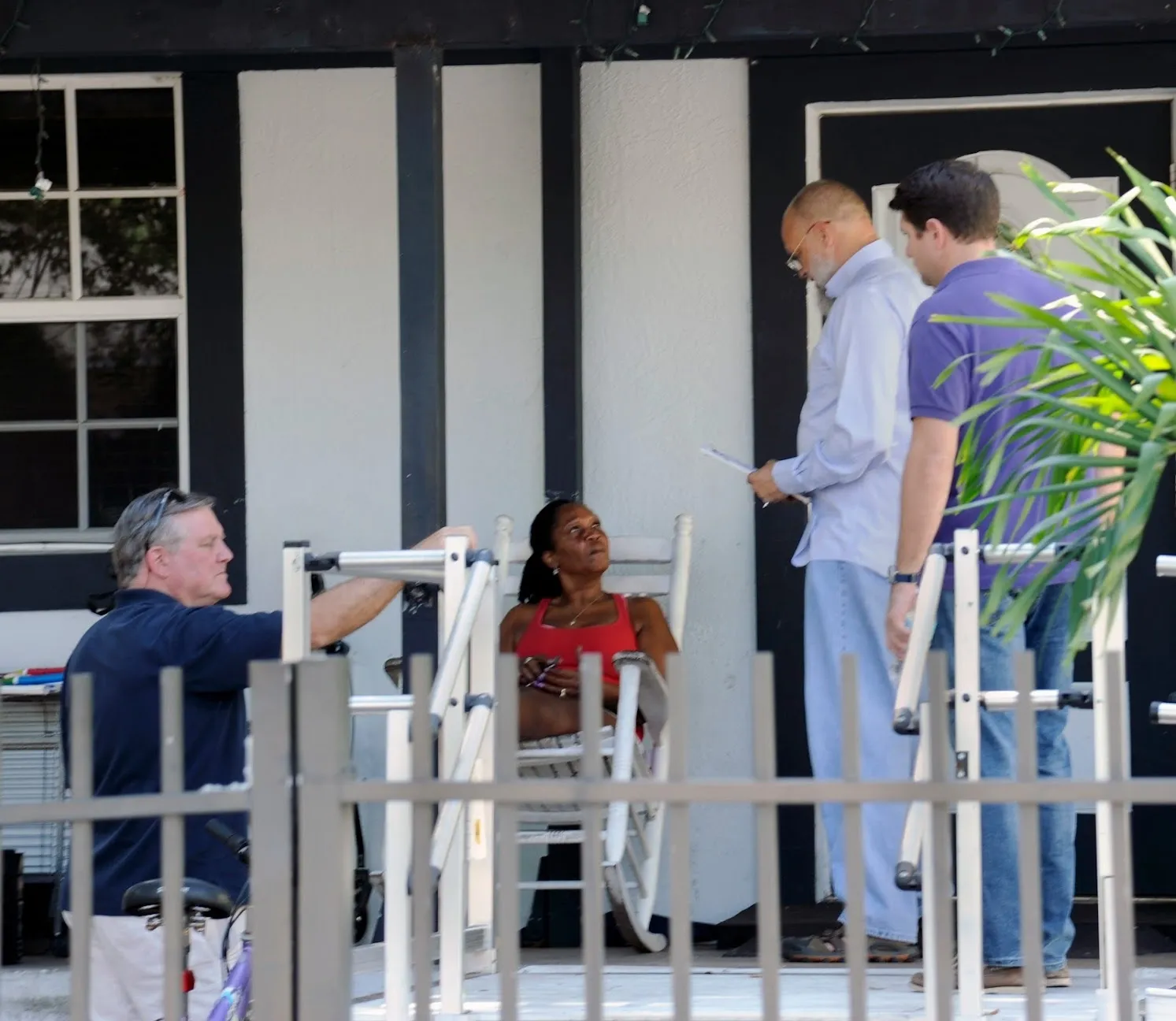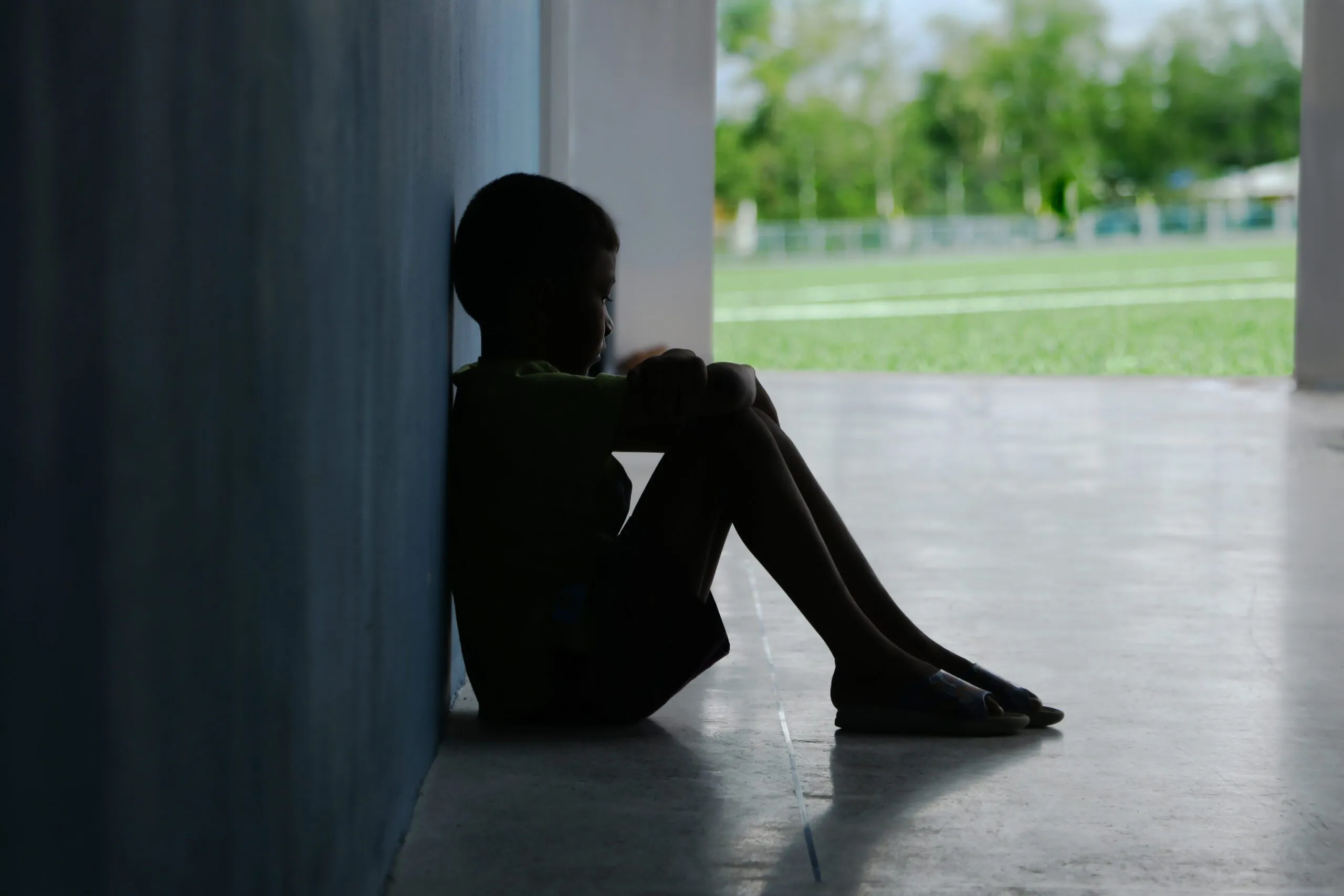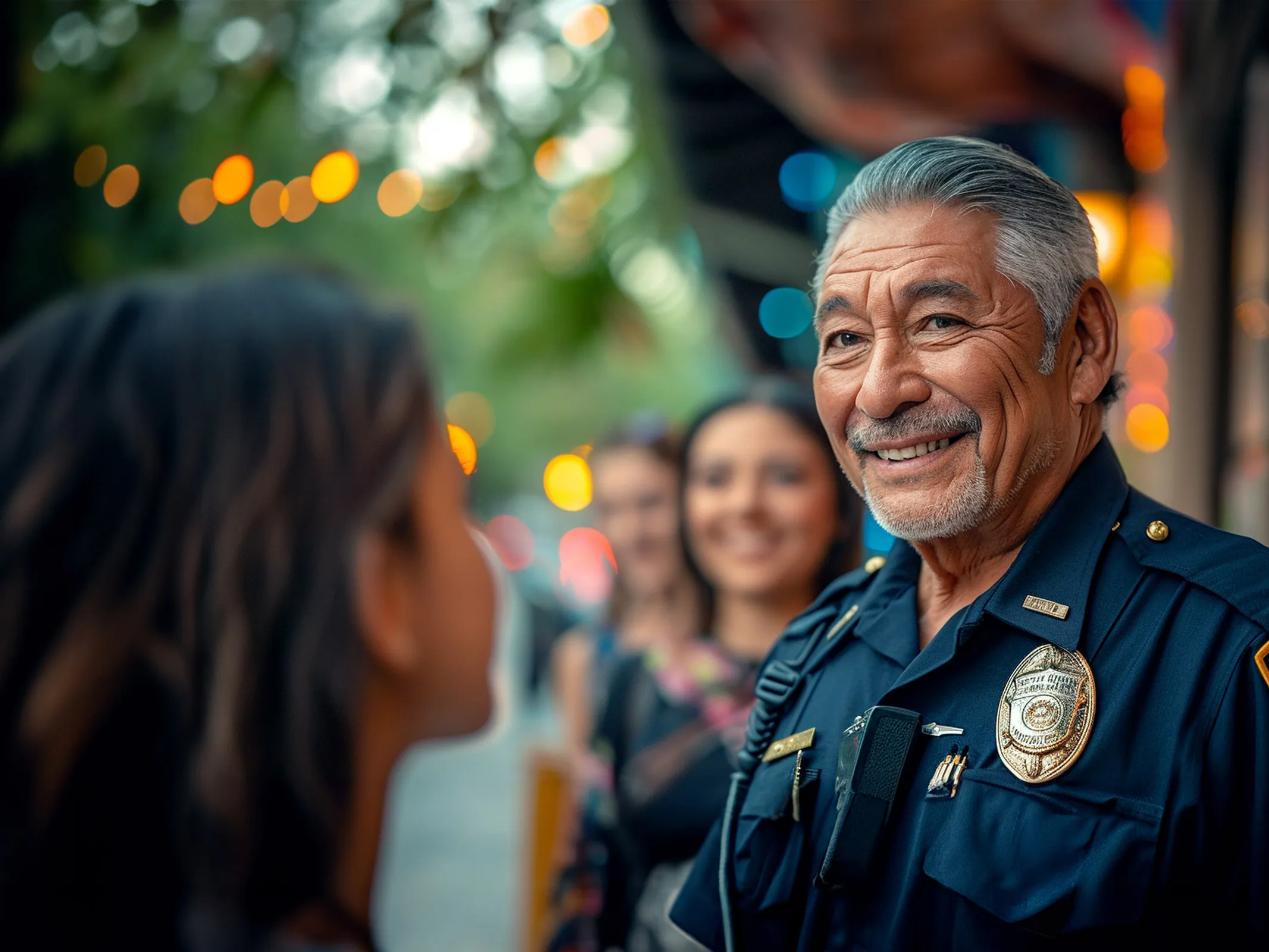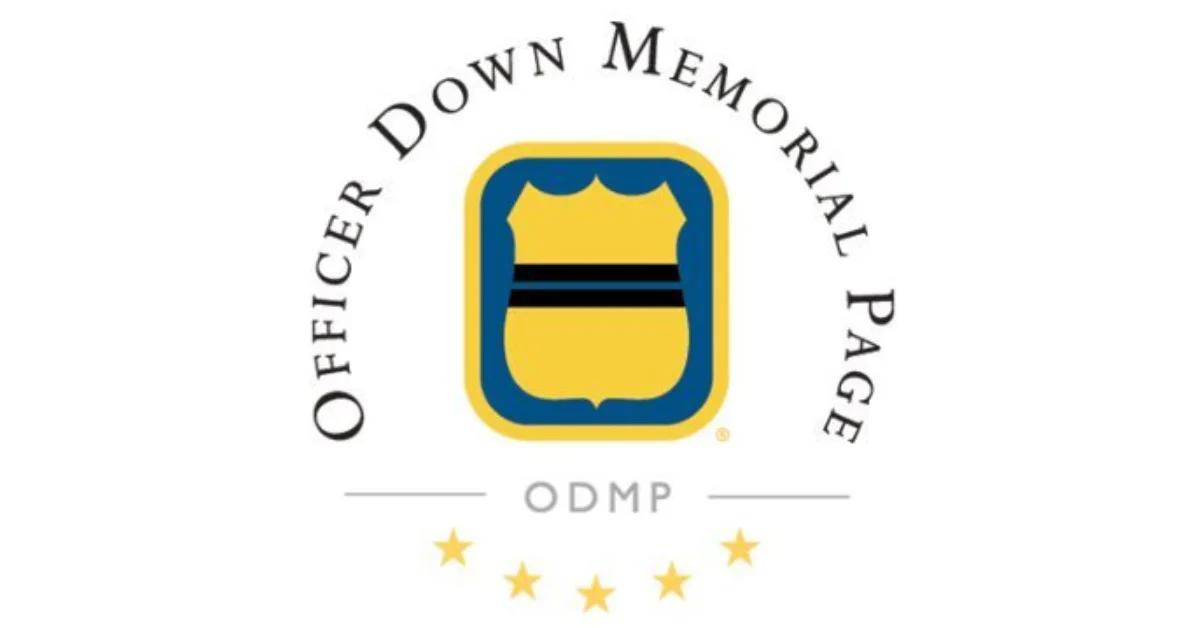During the illuminating hour-long conversation, we covered a lot of ground, particularly around the critically important topic of stopping the cycle of youth gun violence. I left the conference thinking about several important takeaways that I’d like to unpack in this blog.

From left: John Bush, Paul John, Gerard Tate, Anthony Smith

From left: John Bush, Paul John, Gerard Tate, Anthony Smith, Brandon Scott, Ian Leslie, Shannon Moore, Marlon Wharton
- When working to decrease violence and promote public safety, police should never be the only ones at the table. Any citywide gun violence prevention strategy must begin with the mayor’s office. Additionally, the community at large, especially young people, needs to be actively engaged with the policy issues that impact them. They must be viewed as critical stakeholders and decision-makers.
- Young people need structure and mentorship to thrive. We discussed the importance of summer camps and youth groups in providing young people with structure and mentorship at a formative time in their lives. We also discussed the importance of programs such as paid internships which give students the opportunity to earn income, gain valuable work experience, and develop a sense of pride in being able to provide for themselves and their families.
- Concerns about technology and government are not unfounded. To build a better future, we must recognize that both technology and government have perpetuated issues around the invasion of privacy and racial discrimination. Only by addressing these wrongdoings and making holistic improvements going forward can communities be confident that these sectors have their best interests in mind.
- Gunshot detection technology is not just a tool for law enforcement. During the panel, Mayor Scott urged SoundThinking™ customers to view ShotSpotter® technology not just as a tool for law enforcement, but as a valuable resource for co-responders, violence interrupters, and other non-police-based interventions.
- Data sharing is absolutely key. In responding to gun violence, police may be first at the scene. But, to most effectively address the public health ramifications of this crisis and build safer communities, the data police departments collect on gun violence needs to be shared with entities outside of law enforcement such as city government, schools, and hospitals. These institutions all serve the community and therefore should be on the same page (and have access to the same data) to provide the most meaningful services and interventions to those who need it most.
- Stopping the cycle of youth gun violence means investing in the community. To thrive, people need access to affordable housing, jobs that pay a liveable wage, quality education, and other necessities. Unfortunately, we see too often that areas stricken by gun violence lack the critical resources that people need to succeed. So, when we ask ourselves and each other what it means to stop the cycle of youth gun violence, we circle back, again and again, to the importance of investing in our communities—deeply.
I left the conference inspired and invigorated by the important work we are doing at SoundThinking to improve community safety and establish lasting social change and I look forward to sharing additional details in a future blog.
In solidarity,
– Paul
